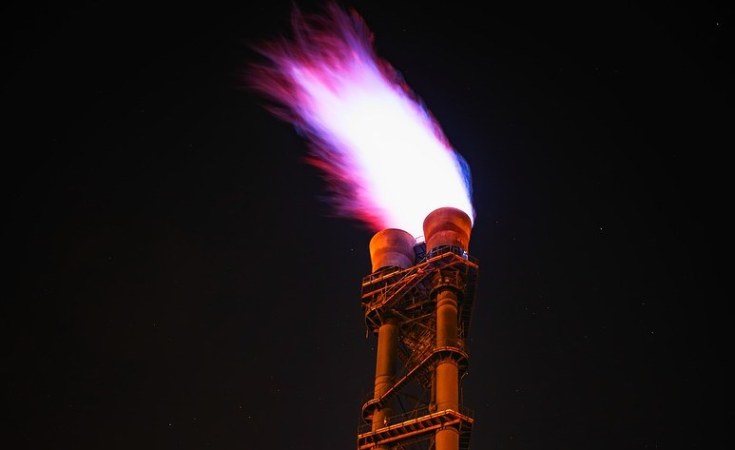Reacting to a United Nations Environment Programme (UNEP) report today, showing that production of fossil fuels by 2030 will be more than double the limit required to keep global warming within the internationally agreed goal of 1.5°C above pre-industrial levels this century, Amnesty International's Climate Justice Researcher Candy Ofime said:
"Going into the COP28 climate summit, we see leading fossil fuel producing countries in thrall to the profit seeking of major fossil fuel companies rather than meeting their human rights obligations and commitments under the Paris Agreement. This must be remedied at COP28 by parties agreeing to urgently and equitably phase out all fossil fuels.
"As the report indicates, increased production and use of fossil fuels is not compatible with a safe and liveable future. Climate change impacts the rights to life, health, food, water, culture and to a clean, healthy and sustainable environment of present and future generations. Marginalized communities and Indigenous peoples are bearing the brunt of climate harm today, and this will only worsen with an increase in greenhouse gas emissions from the burning of more fossil fuels.
An increase in global coal production until 2030, and global oil and gas production until at least 2050, sets us on a course towards further climate chaos.Amnesty International's Climate Justice Researcher Candy Ofime
"2023 is projected to be easily the hottest year on record, yet governments are still irresponsibly fuelling a rapidly worsening climate crisis. An increase in global coal production until 2030, and global oil and gas production until at least 2050, sets us on a course towards further climate chaos.
"This must change to avert a human rights catastrophe. States must take urgent steps now to phase out all fossil fuel production including by ending subsidies, halt all new expansion projects, and accelerate a just and equitable transition to renewable energy. States that bear the greatest responsibility for historical emissions as well as high income fossil fuel producing states must move further and faster, and provide adequate assistance to states that need it to help decarbonize their economies."
Background
The United Nations Environment Programme 2023 Production Gap Report on fossil fuel production also highlights that risky and unproven technologies like carbon capture and storage and carbon dioxide removal cannot be relied on, and could delay the phase out needed to protect human rights and the environment. The report will be influential to talks at the COP28 climate summit in Dubai between 30 November-12 December.


